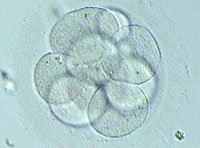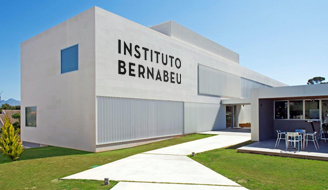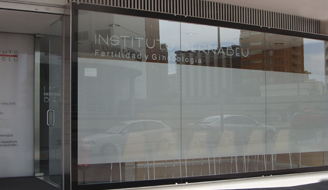NEW TOOL TO INCREASE PREGNANCY RATES: The study of the substances which give nutrition to and produce the embryo in its first few days of development
The collaboration between Instituto Bernabeu, IB BIOTECH and the research team led by Dr Marhuenda, Biochemical Dept., University of Alicante, has allowed the development a technique capable of identifying and quantifying components of the embryo culture medium. These operate as markers of the implantation capability of the embryos. This allows a more objective selection of the best embryos in order to achieve pregnancy.
Metabolomics is a new scientific field which analyses cellular metabolism. Recent studies suggest that embryo metabolism can be a non-invasive indicator to its subsequent implantation capability. That is to say, what the embryo takes from or releases into the medium in which it is developing indicates its viability and capability to lead to a full-term pregnancy. The collaboration between Instituto Bernabeu and the research team led by Dr Marhuenda of the University of Alicante has allowed the development a technique capable of identifying and quantifying components of the embryo culture medium. These operate as markers to the embryos implantation capability.
Through this new and innovative method which allows the identification and quantification of the components in the culture medium has established a link between embryo metabolism and its capability to develop into a full-term pregnancy without any need of harming the embryo itself. In this way a new innocuous tool has been developed for the selection of embryos which have a better implantation capability and which leads to an increase of pregnancy rates in assisted reproduction techniques while at the same time decreasing multiple pregnancy rates.









